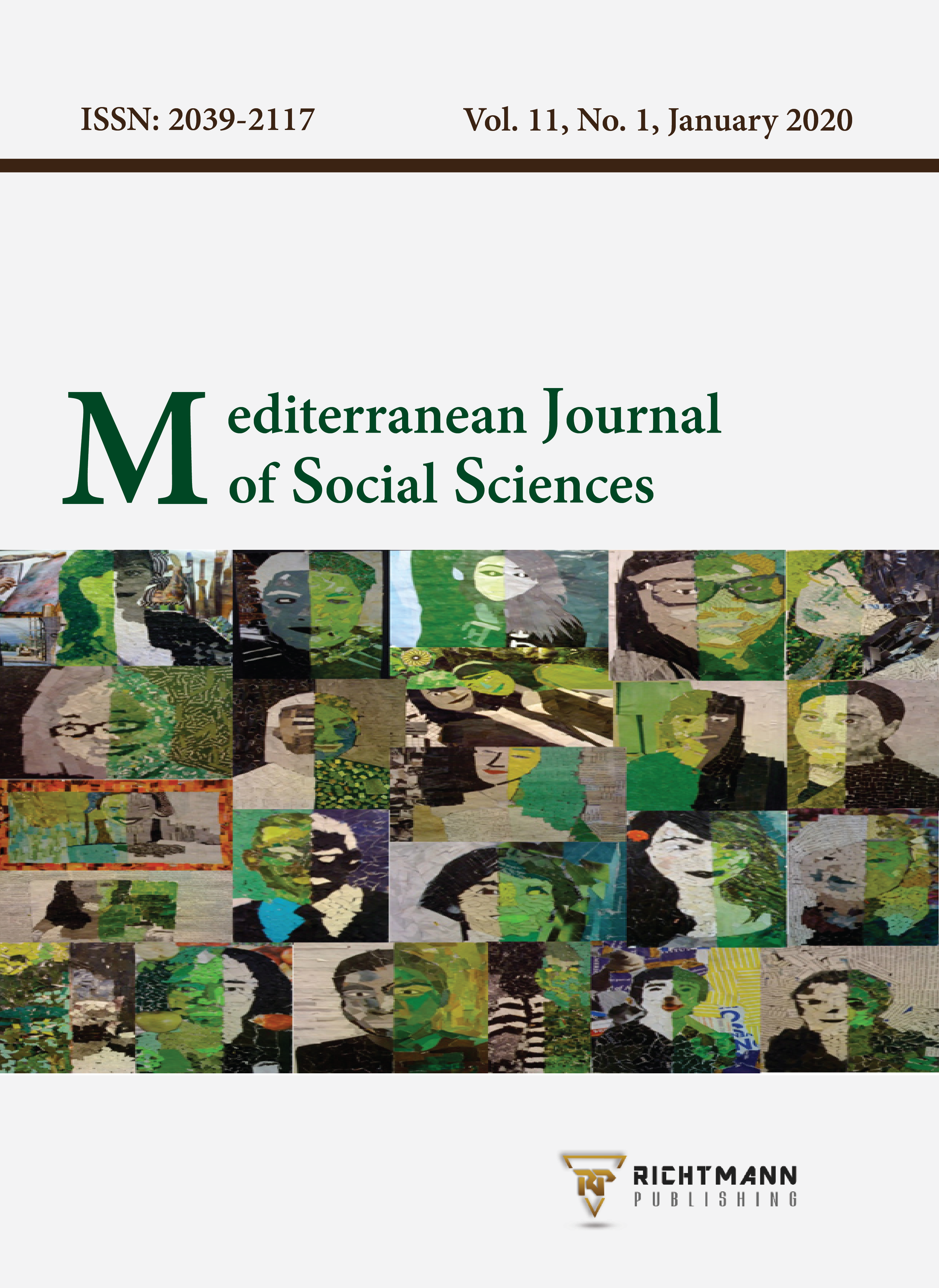The Second Scramble for Africa: A Cause for Afro-Pessimism
DOI:
https://doi.org/10.36941/mjss-2020-0006Abstract
This paper argued that although the second scramble for Africa could be located within the broader neo-imperialist global strategy, nevertheless, it is quite different from the classic race for Africa in the 19th century, in terms of its approach, mechanism, timing and new participants. It is also new in some ways. Firstly, it has enlisted the rampageous United States of America, Russia and the ravenous new Asian entrants such as China and India, plus the Oil-rich Sheikdoms, while retaining a number of the European imperial powers in the affray. Secondly, it has created a local bourgeoisie that sees itself as the overseer of foreign interests on the continent. Thirdly, the ideology of the new scramble is based on quick-loot-fast-plunder and is derived from modern globalization imperatives. This study which adopted as its approach, a combination of descriptive, analytical, evaluative as well as historical perspectives insists that unless the second scramble is checked, it would consolidate Africa’s relegation to marginality, cultural irrelevance, and eventual recolonization. Through the test of series of hypotheses, the work exposed the major forces at work as it answered some basic questions of the research. It concludes that Africa needs a super power to provide it with a nuclear umbrella, and draw a marshal plan – the type America did for the war devastated Europe at the end of the Second World War, to assert itself.
Downloads
Downloads
Published
Issue
Section
License
This work is licensed under a Creative Commons Attribution-NonCommercial 4.0 International License.











